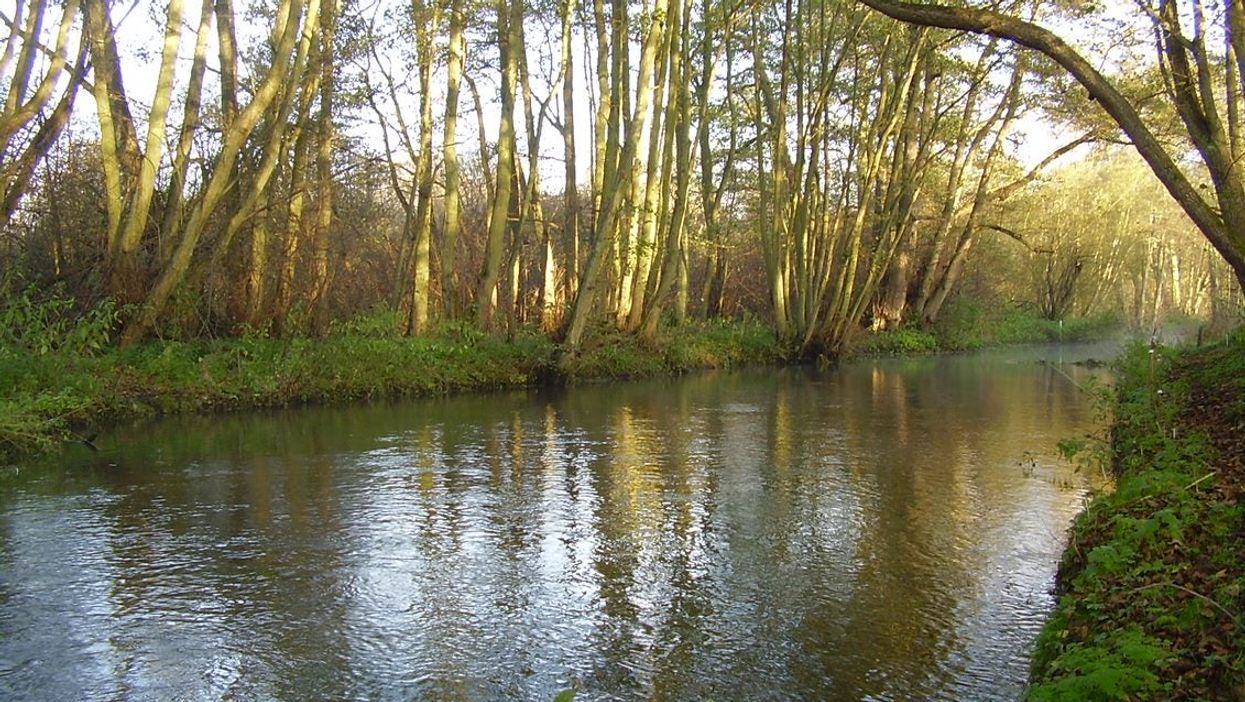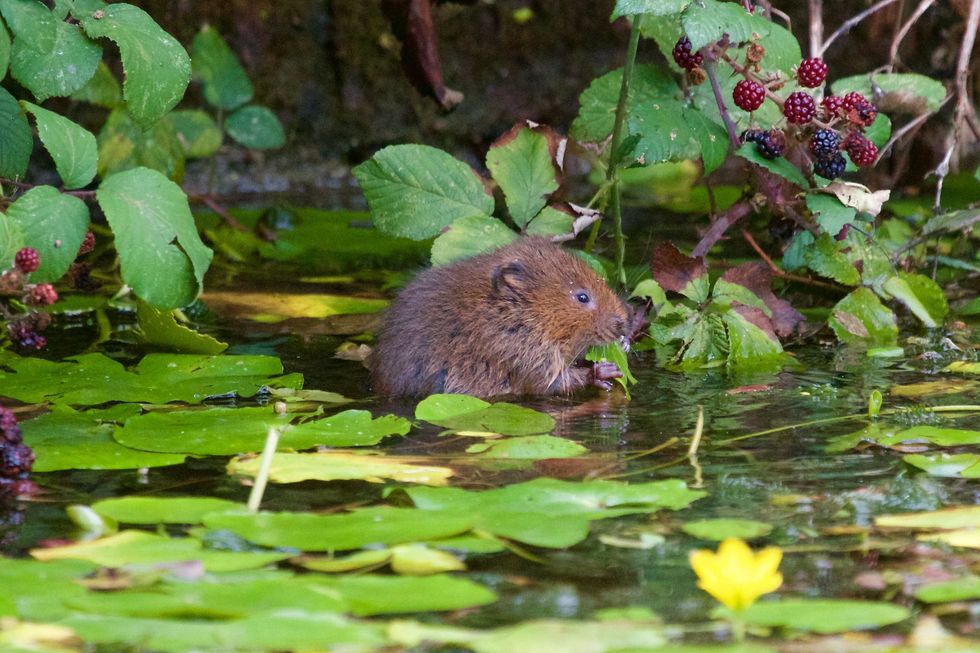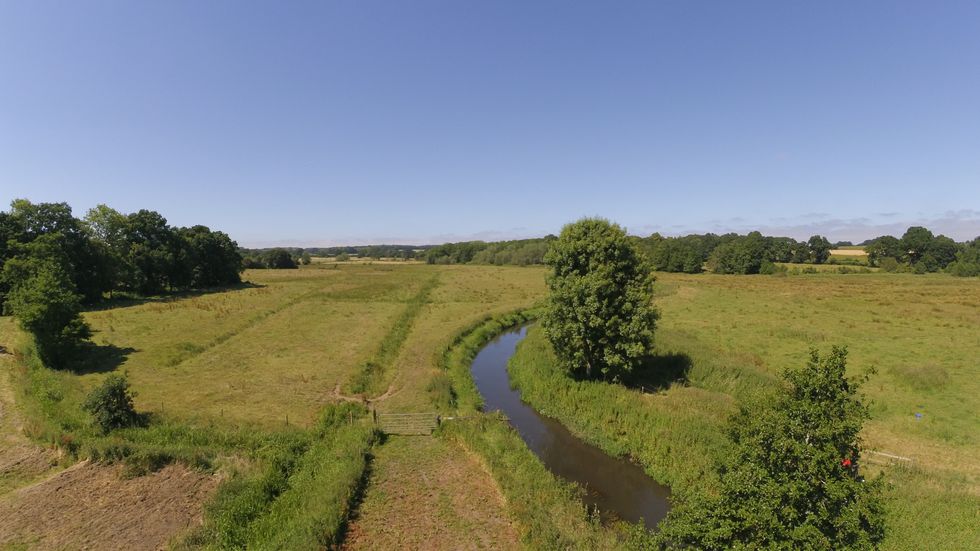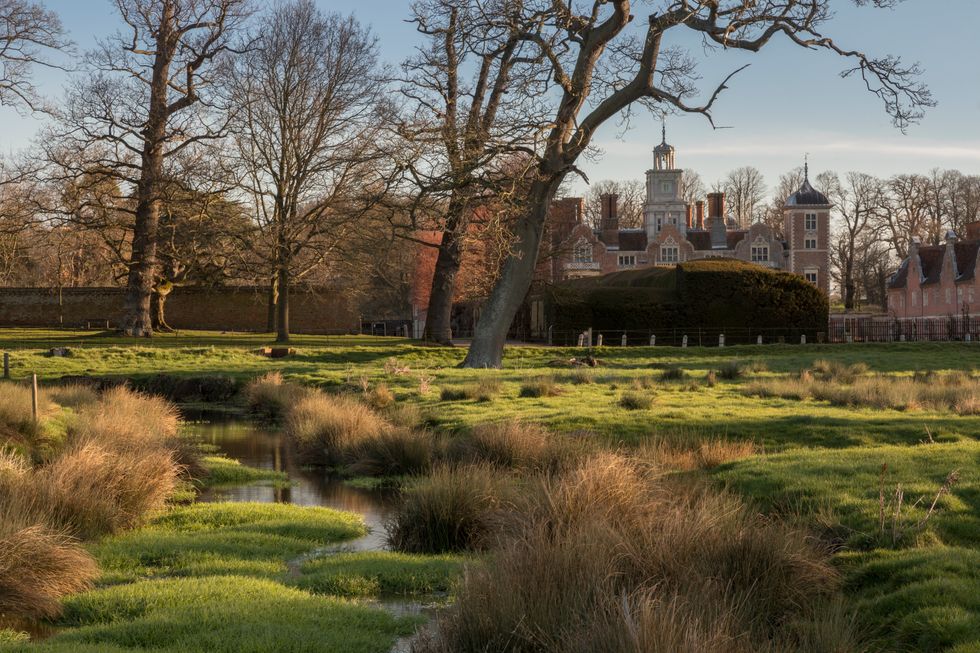
A chalk stream that feeds into the Norfolk Broads is to be returned to its former glory in a conservation project that is set to benefit wildlife including water voles, Britain’s fastest-declining mammal.
The National Trust, leading the £1.6 million partnership project on the Upper Bure, said there are just 200 chalk streams in the world and described them as England’s rainforests.
Clusters of wetlands, ditches and ponds will be established beside the stream during the four-year scheme, creating corridors for wildlife.
Work will also be carried out to return the stream, which has been over-deepened and widened, to a meandering pattern.
Water voles are set to benefit, and pond corridors will also support dragonflies and toads, while the installation of a fish pass will help trout and eel populations.
Chalk streams have inspired painters such as John Constable and poets including Sir John Betjeman.
In the poem Norfolk, Betjeman wrote: “The lap lapping of the weedy Bure, A whispering and watery Norfolk sound / Telling of all the moonlit reeds around.”
Emily Long, the National Trust’s project manager, said: “Chalk streams are a quintessential part of the English landscape and have huge ecological value – they’re our equivalent of rainforests.
“Protecting these special habitats, as well as the species they support, is fundamental in our battle against the biodiversity crisis.
“The Bure is one of four main rivers that feeds into the Norfolk Broads and so has a significance beyond its banks in ensuring the health of the UK’s largest protected wetland.
“This project is about bringing benefit to an entire catchment.
“We’re looking at everything from riverbanks, meadows and ponds to footpaths, community engagement and volunteering.”
She went on: “Seeing a clear chalk stream rippling over gravels and full of fish is something we should all have the opportunity to experience.
“The more we get people involved, the more they’re likely to protect these places in the future.
“We want people to fall back in love with rivers.”
The stream, rising in Melton Constable, flows through the National Trust’s Felbrigg and Blickling estates.
The trust is to plant 8,000 trees along the Upper Bure, slowing the speed at which water runs into the stream, as part of the project, boosting resilience to climate change.
Amy Prendergast, catchment co-ordinator for the Environment Agency described the stream as “precious”, adding: “We hope this project will address key pressures in the Upper Bure, which will help fish populations.”
The Trust is continuing to fundraise for the scheme – visit www.nationaltrust.org.uk/bure-appeal for further details.
















